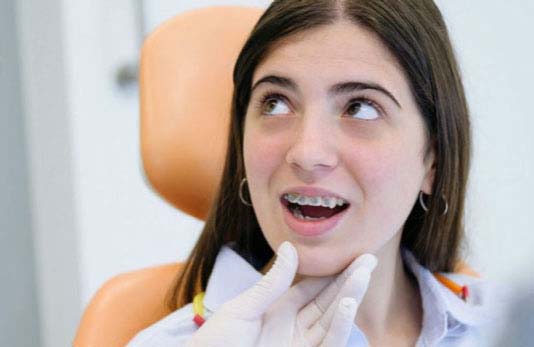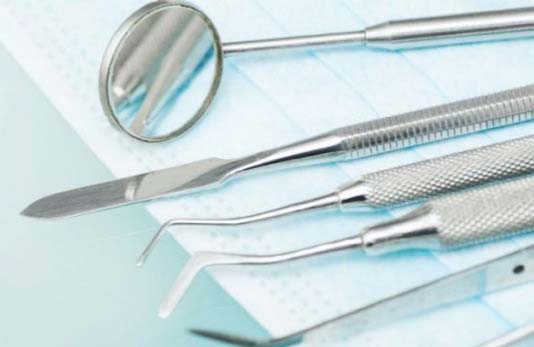Gum chewing: helpful or harmful to teeth?

When it comes to chewing gum, the type of gum you chew makes a difference. While chewing gum containing sugar may increase your chances of developing a cavity, there’s clinical evidence that demonstrates just the opposite for sugar-free gum. And there's even better news when it comes to chewing sugar-free gum that’s sweetened with xylitol.
Sugar-free gum helps to clean teeth
Chewing sugar-free gum after meals and snacks can help rinse off and neutralize the acids released by the bacteria in plaque, which are harmful to tooth enamel. Both the act of chewing and the flavor of the artificial sweeteners in the gum stimulate saliva flow. Not only does the increased saliva flow neutralize the acids in your mouth, it also washes away food particles, helping to keep your teeth clean.
Xylitol reduces decay-causing bacteria
Sugar-free gum sweetened with xylitol, a naturally occurring sugar alcohol sometimes referred to as “birch sugar,” has the added benefit of inhibiting the growth of Streptococcus mutans, one of the oral bacteria that cause cavities. In the presence of xylitol, the bacteria lose the ability to adhere to the tooth, stunting the cavity-causing process. With xylitol use over time, the types of bacteria in the mouth change and fewer decay-causing bacteria survive on tooth surfaces.
To chew or not to chew
Although chewing sugar-free gum can be beneficial in most instances, there are some cases in which chewing gum isn’t recommended. For example, if you’re experiencing any type of jaw pain or temporomandibular disorder symptoms (TMJ), you should refrain from chewing gum and talk to your dentist about what options are available to you.
For most people, chewing sugar-free gum (especially gum sweetened with xylitol) can be a good preventive measure in situations when toothbrushing and flossing aren't practical. But sugar-free or not, chewing gum should never replace good dental hygiene practices.
Last updated February 03, 2022
Related articles:
The oral health information on this website is intended for educational purposes only. Always consult a licensed dentist or other qualified health care professional for any questions concerning your oral health.


